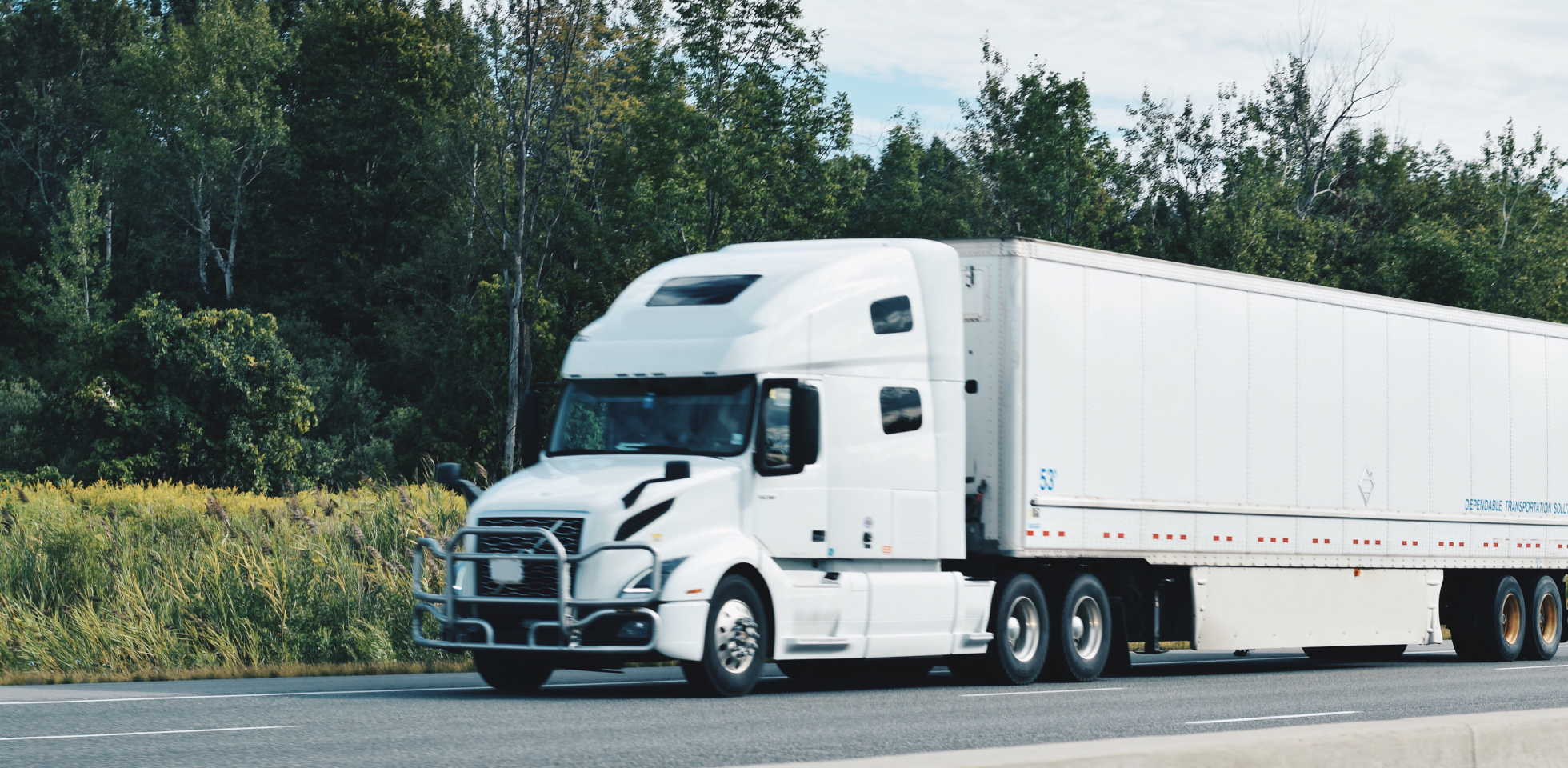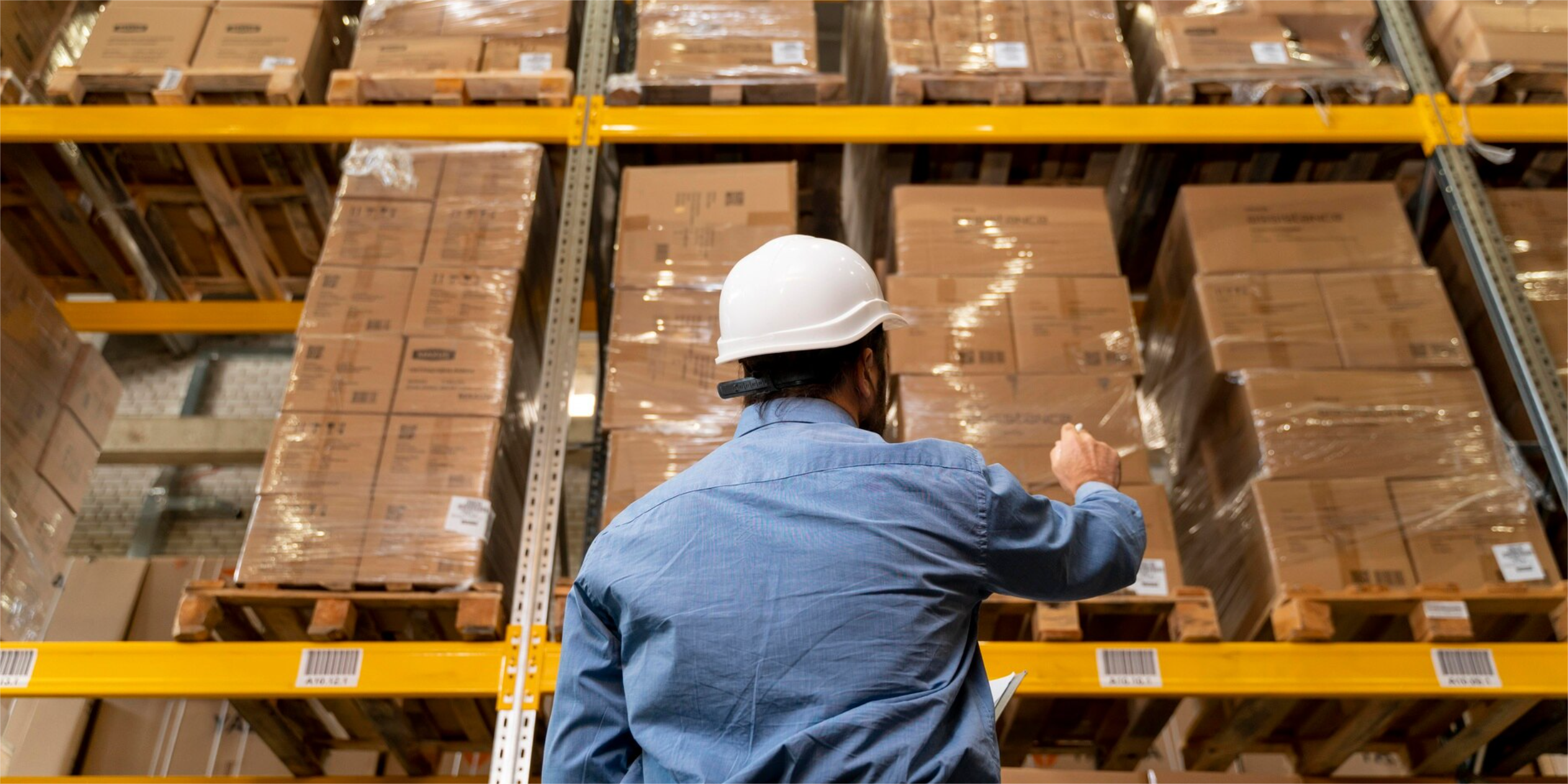The business world is increasingly interconnected and globalized, making effective supply chain management a critical element for the success and sustainability of businesses. However, this business environment has also brought a series of challenges that test the ability of organizations to maintain smooth and efficient operations.
These challenges include growing geopolitical uncertainty, unexpected regulatory changes, and the rapid evolution of disruptive technologies. In this context, supply chain resilience emerges as a key factor that distinguishes companies that thrive in adversity from those that struggle to stay afloat. Resilience is not just about resisting disruptions, but about adapting, recovering, and strengthening from them.
It is a company’s ability to anticipate, respond to, and recover from unexpected events while maintaining the continuity of its operations and the satisfaction of its customers. In this article, we will explore in depth the importance of supply chain resilience and how companies can strengthen this critical capacity in a constantly changing business environment.
Factors influencing supply chain resilience
Supply chain resilience is not a static attribute; it is influenced by a number of factors that can be managed to strengthen it. Below, we will delve into these factors:
- Supply chain structure
Supply chains can be extremely complex, with multiple suppliers, intermediaries, and interconnected processes. However, this complexity can increase the vulnerability of the supply chain to disruptions. It is crucial for companies to evaluate and simplify their supply chain whenever possible, eliminating unnecessary or redundant processes.
- Location of suppliers and customers
The geographical location of suppliers and customers plays a fundamental role in supply chain resilience. Supply chains that heavily depend on suppliers or customers located in geographically remote regions may be more vulnerable to disruptions in transportation and logistics. In this sense, some companies are opting to seek closer or regional suppliers as a strategy to reduce exposure to risks.
- Diversification of suppliers and routes
A key strategy to increase resilience is the diversification of suppliers and transport routes. Over-reliance on a single supplier or route can be dangerous, as any disruption in that chain can completely halt operations. Diversification allows companies to distribute risk and maintain greater flexibility in crisis situations. - Contingency planning
Having a solid contingency plan is essential to maintaining supply chain resilience. This includes identifying potential risks, implementing mitigation measures, and assigning clear roles and responsibilities in case of disruptions. Companies must be prepared to make quick and effective decisions in times of crisis.
Benefits of supply chain resilience
Investing in supply chain resilience offers a number of tangible benefits that can make a difference in the long-term success of a company:
- Business continuity
Resilient companies can maintain the continuity of their operations even in the midst of significant crises or disruptions. This allows them to continue meeting the needs of their customers and avoids substantial financial losses.
- Cost reduction
Supply chain resilience can reduce costs associated with disruptions. For example, an efficient and resilient supply chain can avoid additional storage costs, emergency transportation, and interrupted production. - Customer satisfaction
Customer satisfaction is crucial for the success of any company. Customers appreciate companies that can reliably provide products and services, even in the event of disruptions. Supply chain resilience directly contributes to customer satisfaction.
Case study: Solistica - an example of resilience
Solistica, a leading logistics solutions company in Latin America, has adopted a number of exemplary measures to improve the resilience of its supply chain:
- Diversification of suppliers and routes
Solistica has established strong relationships with a wide network of suppliers and partners in Latin America. This diversification significantly decreases its dependence on any individual supplier or route. In times of uncertainty, having multiple options is a strategic advantage. - Contingency planning
The company has a detailed contingency plan that includes specific measures to mitigate the risks of disruptions. This plan has been developed exhaustively and is regularly updated to maintain its effectiveness. - Technology
Solistica has implemented cutting-edge technologies, such as artificial intelligence and blockchain, to improve the visibility and efficiency of its supply chain. This allows for faster and more accurate decision-making, as well as the ability to anticipate potential problems. - Conclusion: towards a more resilient future
In a business environment characterized by uncertainty and volatility, supply chain resilience has become a critical factor for success. Companies that prioritize resilience and adopt concrete measures to strengthen their supply chains are better prepared to face challenges and protect their business operations in any situation.
Recommendations to improve supply chain resilience
Companies seeking to improve the resilience of their supply chain can follow these additional recommendations:
- Continuous risk assessment
Perform periodic risk assessments to identify new threats and adjust resilience strategies accordingly. - Collaboration with suppliers
Establish close collaboration with supply chain suppliers and partners to share information and develop joint solutions in times of crisis. - Training and testing of strategies
Provide regular training to supply chain management teams and conduct crisis response drills and tests to ensure efficient execution of the contingency plan. - Monitoring of key indicators
Implement a system for tracking key performance indicators (KPIs) related to the supply chain. This provides real-time visibility and early warnings about potential disruptions.
- Adaptation to emerging technology
Stay abreast of the latest technological trends in logistics and supply chain. The adoption of emerging technologies, such as the Internet of Things (IoT) or advanced analytics, can improve a company’s ability to anticipate and respond.
Success stories: Inspiration for the future
Several success stories demonstrate how companies can significantly improve the resilience of their supply chains:
- Nike: Flexibility in production
The sportswear company Nike has developed a flexible production system that allows it to quickly adapt to demand fluctuations. This approach allows it to adjust production agilely based on market conditions, thus reducing the risk of excess or shortage of inventory. - Apple: Supply chain traceability
Apple has invested in advanced supply chain tracking technologies that allow it to identify and mitigate potential disruptions. Thanks to precise traceability systems, the company can track the movement of its products in real time and take preventive measures when an anomaly is detected. - Toyota: Collaboration with suppliers
Toyota is known for its strong collaboration with suppliers. The company works closely with its supplier network to share information and develop joint solutions. This collaboration has been key to maintaining production continuity, even in times of crisis.
Supply chain resilience is a fundamental pillar for long-term success. Companies that adopt a resilience-centered mindset and take concrete measures to strengthen their supply chains are better prepared to face challenges and protect their business operations in any situation.
Resilience is not a final destination, but a continuous journey that involves evaluation, adaptation, and constant improvement. By following the recommendations and learning from industry success stories, companies can build more robust supply chains and be better prepared to thrive in an ever-changing business environment. Resilience is not only a competitive advantage, but a necessity in the modern era of business.






